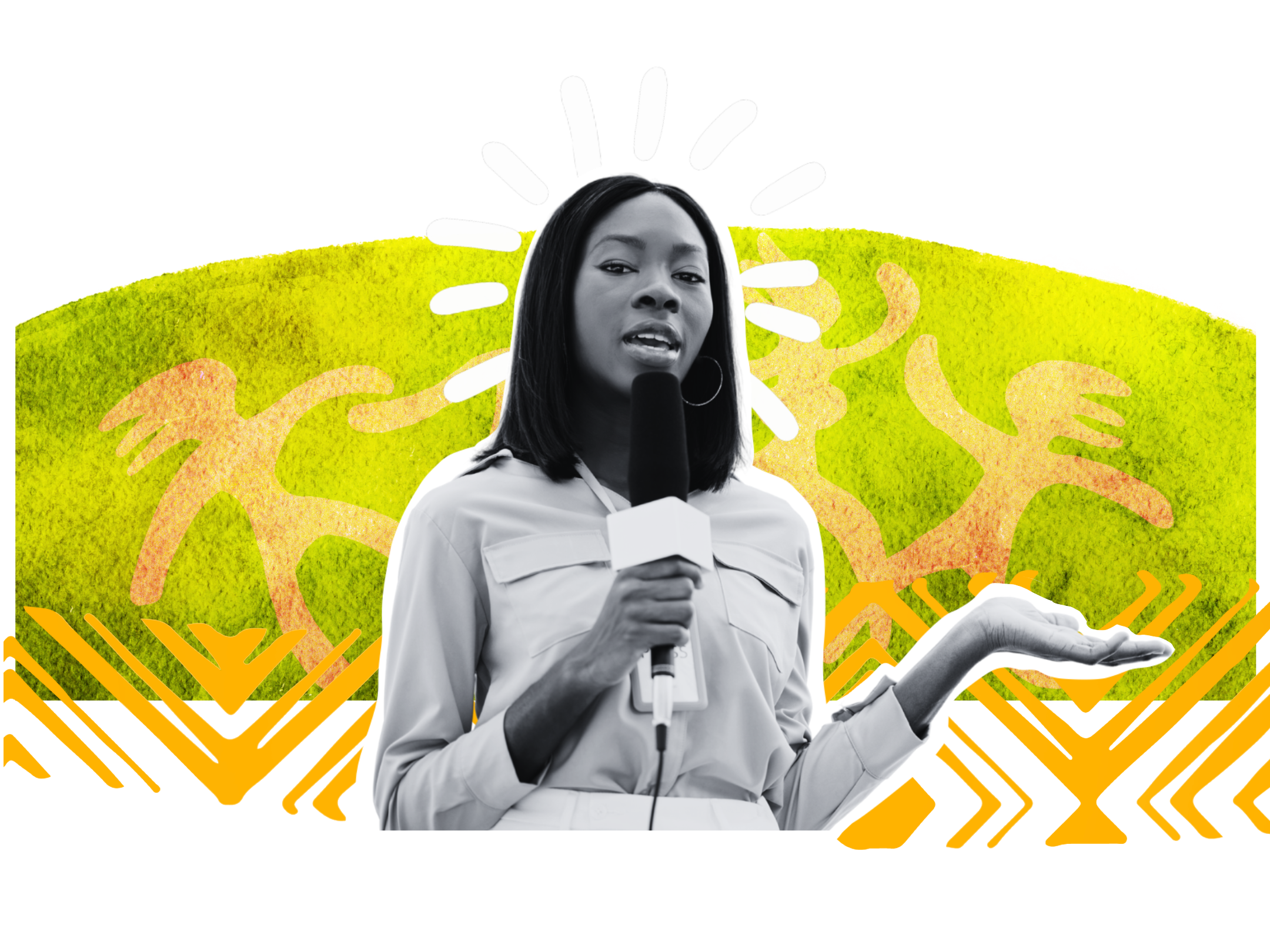The
Climate
Reporting
Gap
Fellowship
Stories & Publications
〰️
Stories & Publications 〰️
-
-
(555) 555-5555 -

(555) 555-5555